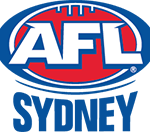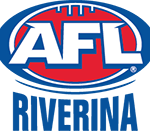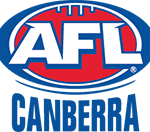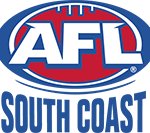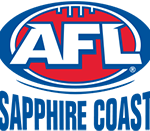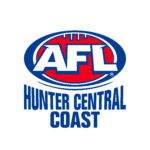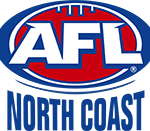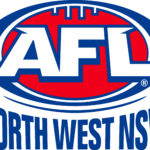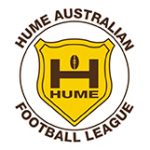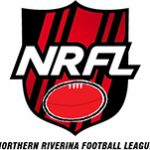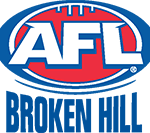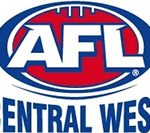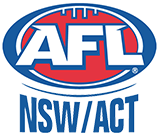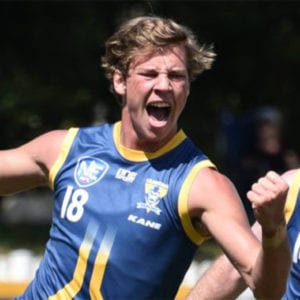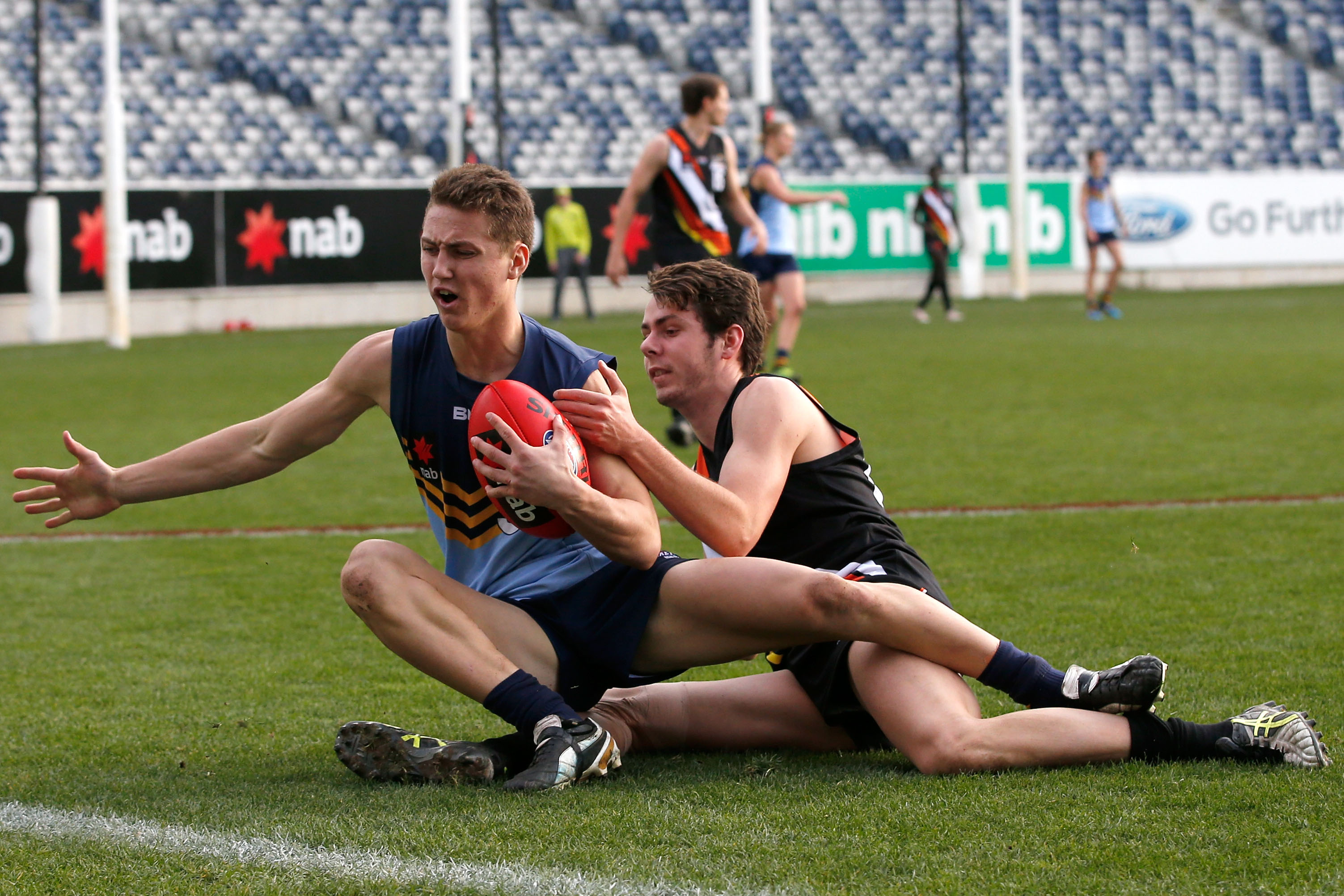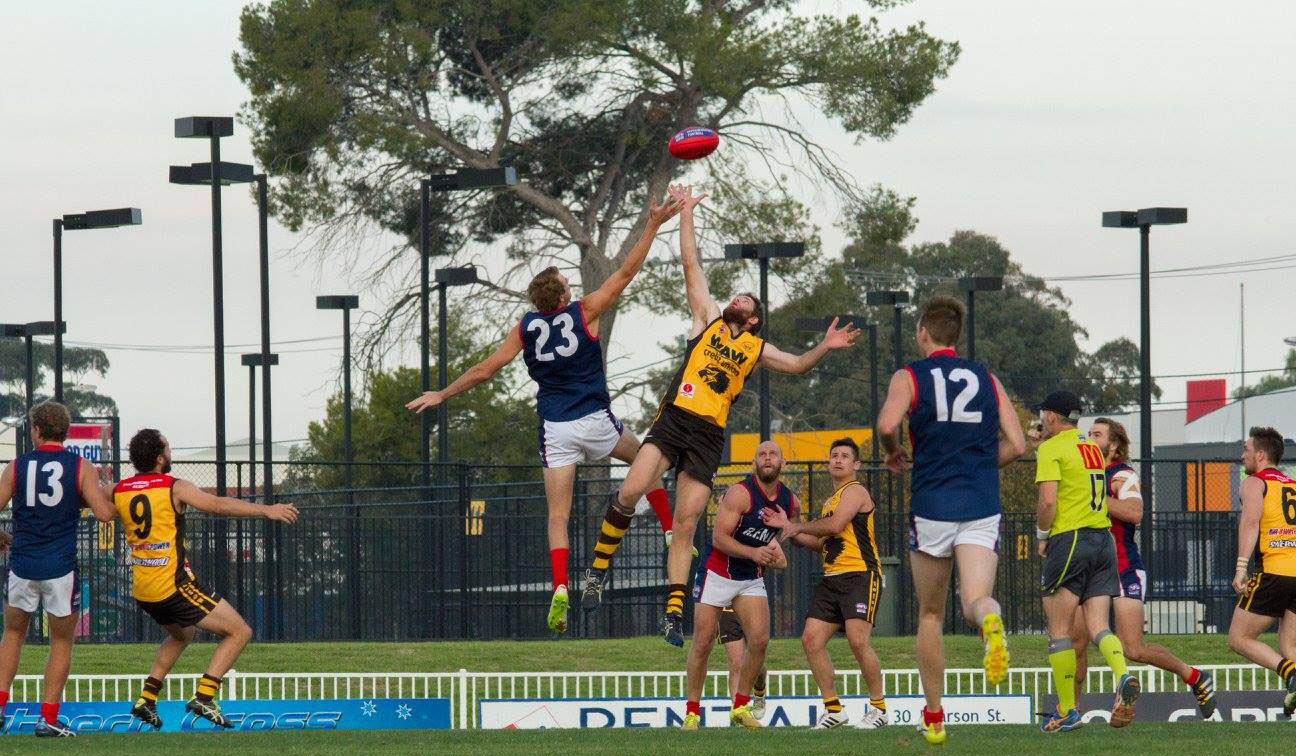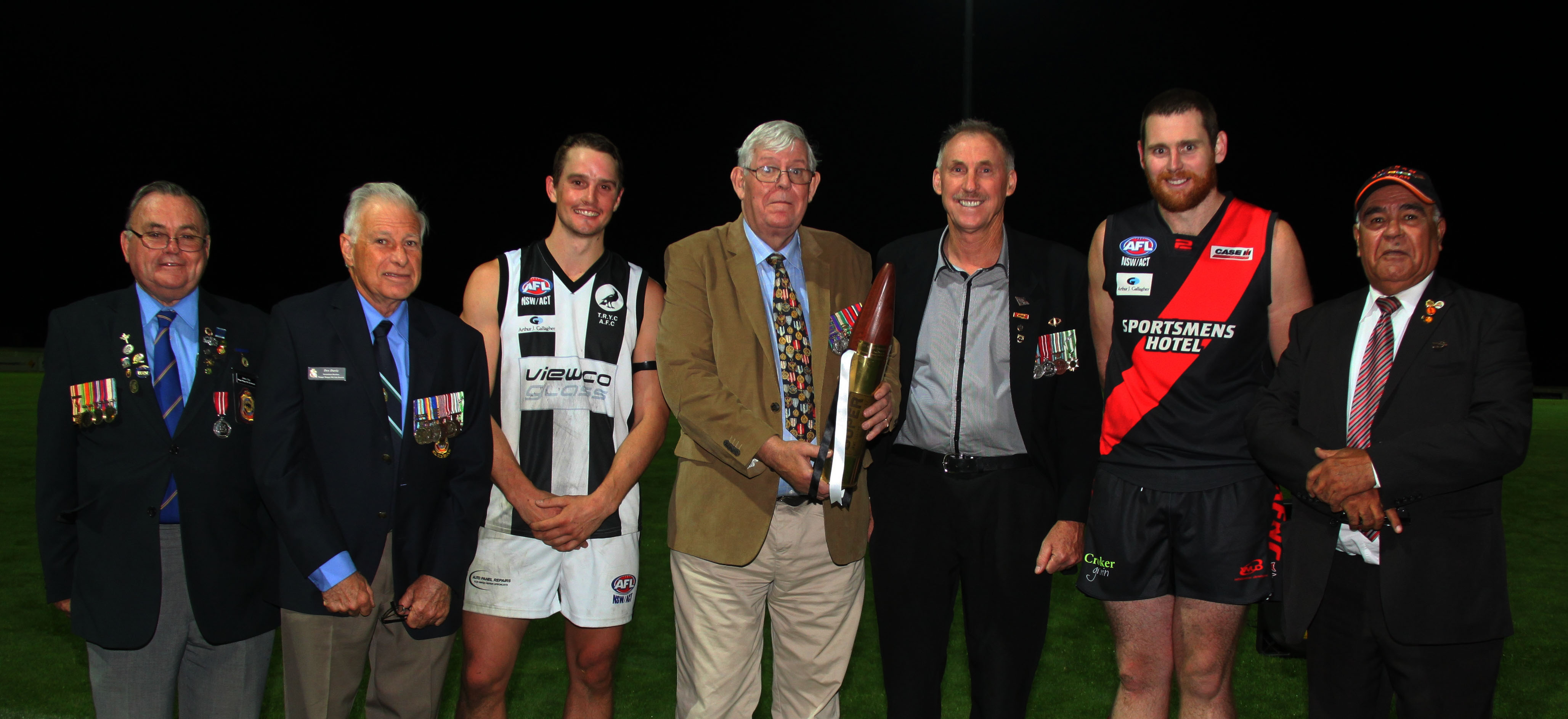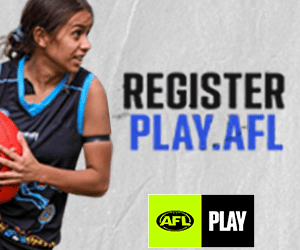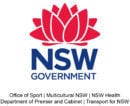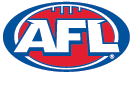FARRER FILES: EWK HAWKS
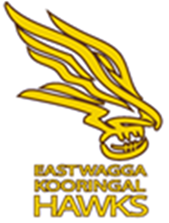
EAST WAGGA-KOORINGAL
2014 Finish: Runners-up
Home & Away: 12 wins; 4 losses.
Finals Form: Won qualifying final against Coleambally.
Won major semi-final against Temora.
Lost grand final to Temora.
Club Best & Fairest: Stu Brierty
Telstra Rising Star: Zac McDonald
Snapshot: What a year! Sure, it ended in grand final disappointment but all the same, it was a season to celebrate at Gumly Oval. East Wagga-Kooringal had embarked on an ambitious overhaul of the club and the proof was in the pudding. On Gerald Clear Medal night there was no-one prouder than EWK President Rob Richards with the club championship trophy under his arm. It wasn’t the winning that mattered as much as the significance… that they were on track to achieve what they’d set out to do. “Some people might call it a breakout season. I saw this as a season of stability, getting the foundations down, and I see next year being about strengthening what we’ve got.”
With Richards heading up the committee and Gavin McMahon as coach, the Hawks’ big focus was not just on first grade football but a whole-of-club approach to improvement… from netball to sponsorship to supporters to juniors, right through to the senior football team – which came close to delivering a fairytale result.
“We had a new coach, a new game style, 20-odd new players,” says McMahon. “We were two wins, three losses after five rounds. We were never too concerned about that, we knew it was going to take a bit, but thought once we got going we’d be okay… And in the end we got going nicely – we won 12 of our last 14 games (including the grand final loss to Temora) so they certainly got it together.”
There was of course enormous disappointment about the grand final loss. The Kangaroos’ big-game experience came to the fore, their key players fired on the day and they managed to shut the Hawks out of the match – overturning the result of the major semi-final a fortnight earlier. It left the players in a world of pain but with the passing of time, McMahon looks at it philosophically. “That’s just footy. You don’t get too annoyed. If anything, hopefully it breeds a bit of fire for next year – to develop the consistency to play well throughout. The thing is, we knew what they were capable of. We knew that if they get the footy first and get it on the outside… we knew what they could do. And they did. But it’s been an awesome year. Our theme’s been: ‘great year, bad day’ so we’ll just keep chipping away.”
The Hawks have plenty to work with heading into 2015, re-signing the first grade squad from last season and adding four recruits, headlined returning ruckman Nick Hull. More on that shortly in What to Look Forward to.
From a management point-of-view, Richards says the club has had an early win. “We’ve signed a new major sponsor – McDonald’s. It’s a record sponsorship deal for us. It’s great to have high profile, major corporate companies like McDonald’s, Dayco, Ron Crouch Transport, Bendigo Bank. It adds to our credibility that they want to be involved with us.”
Highlights:
The club championship award was obvious recognition of the achievements at East Wagga-Kooringal, including: a first grade grand final appearance (their first in 13 years); a reserve grade premiership; an A-reserve netball title; a preliminary final appearance in A-grade netball; and getting an Under 17s football team back on the paddock.
There was plenty to warm the hearts of Hawks officials and fans, with the club proud of re-engaging former East Wagga players and supporters who had dropped away over the years.
McMahon says one of his biggest buzzes came early in the year. “It was the attitude and effort of footballers and netballers in the pre-season. We did a lot of combined stuff in the preseason and we had huge numbers at football and netball. The effort they put in then – it was no coincidence that at the end of the year, we had three sides in on grand final day.”
And that was the highlight for the president: “Having three teams represent the club on grand final day, including first grade for the first time in a while, that was a real highlight. And then to win two premierships.”
While coaches live and die by performances, McMahon takes the view that results can’t be separated from other areas of the club.
“One of the significant highlights really was just the way all parts of the club worked together to improve – netball, football, sponsors, volunteers, past players, supporters, committee. A footy club is often measured by wins and losses but internally we needed all those other areas going well. We’ve concentrated on trying to lift every part of this club at the same time. And regardless of the result, it doesn’t change where we’re at, where we’re going and what we’re trying to do.”
Lowlights:
Having beaten Temora twice during the home-and-away season and again in the major semi-final just a fortnight before the premiership decider, the 10-goal grand final cut deeply for East Wagga. The Hawks had almost assumed favouritism for the game against Mark Kruger’s reigning (and two-time) champions but were outgunned on the day.
The coach doesn’t like to call it a lowlight, given the season was a success for the club overall. But that doesn’t mean it didn’t hurt. “Anytime you lose a grand final, you should be filthy. I know our boys are. They’re still filthy. But at the end of the day, Temora knew how to win the game.”
The Hawks hadn’t played well in the first half but went into the long break knowing they were still a chance to get back into the game. However, even in the second half, they couldn’t get their share of the ball and with Temora dominating possession, could only watch as the decider got away from them.
Surprise Packet:
There were plenty of strong individual contributors for the Hawks, but for a club attempting a rebuild of culture and community, the biggest surprise was how quickly things came together on and off the field.
As East Wagga powered through the back half of the season, with Ben Absolum and Stu Brierty providing plenty of drive out of the middle and Marc Geppert finishing off up forward, the Hawks (along with Coleambally) seemed to have overshadowed Temora as the ‘team most likely’.
There was expectation around Absolum and Geppert given their experience at Collingullie-Ashmont-Kapooka in the RFL, but Brierty – a gun touch football player, and former Sydney AFL division one league medallist – made a big contribution, going on to win the club’s best and fairest.
But McMahon reverts to the bigger picture when asked what surprised him most. “Across the board – football; netball; the committee pushing hard to get things sorted around sponsorship and infrastructure; our Under 17s getting going and filling a side every week; the past players getting involved again — it was a pleasant surprise how quickly it all did happen. In the same breath, the challenge now is to keep it going. We really want that consistency from a club perspective.”
Which brings us to…
Areas to improve:
The Hawks won’t be the only club throwing out the C word in the pre-season… consistency is the key to any side’s improvement. But true to the club’s mantra, it’s not just about first grade football… consistency means trying to improve in all areas. From a committee perspective, Richards says, “There’s still improvement from off the field… we can continue to improve the way we’re doing things from a management perspective off field.”
For the footballers specifically, it’s all about momentum and maturity. “We dropped off in patches against teams. Like against The Rock [Rd 14] and our second half against Coleambally at Coly. And there were games that we won and did alright but might not have kept our foot on the throat for long enough,” says McMahon.
“We all know that both sides will have their turn at some dominance of the footy. It takes maturity to identify those momentum changes, and know the right behaviour… how do we arrest it; or the need to keep going hammer and tongs. That takes experience and football maturity, and having the same group to go around again next year will help us work on that.”
What to look forward to:
Re-signing the whole first grade squad is an enormous head-start on next season, and the Hawks had firm commitments from all of their players even before they’d played the grand final. It’s a vote of confidence in the direction the club is heading, and in each other. “This year was just determining what everyone was capable of – on and off the field,” says McMahon. While regularly pointing out that EWK can’t afford to rest on what it did in 2014 but needs to raise the bar, the coach does acknowledge: “Knowing the capabilities of everyone in our footy club, I’d like to think we’ll be a lot further ahead than we were last year.
“At the start of last year, we had all those players with different reasons and motivations for calling East Wagga home. Now, there’s a common motivation – players have won a reserve grade premiership together, or lost a first grade grand final.”
There have been four additions to the squad, including James and Sam Hodges from Wagga Tigers, and former Hawks Craig Depiazza and Nick Hull. “Nick was the Farrer League Rising Star in 2013,” says McMahon. “That was a bit of a breakout year for him. He got going, played well, and then he wanted to go and have a crack at a higher level… We helped him out making contact with Queanbeyan. He had a massive pre-season, and learnt a lot. He picked up some injuries early but he played the second half of the season in the NEAFL.” The big ruckman will help strengthen what the coach called their ‘Achilles Heel’ last season.
With Depiazza returning home and the Hodges coming to the Hawks to play with close mates, the club says the signings fit their mould. “Like everyone we just want them to contribute to the group and play their role. We’re not looking for superstars, we just want a team of players contributing to the group. Talent won’t be an issue for us, it’ll be about how well we play as a group.”
The bar will also be raised across the competition with North Wagga, Marrar and The Rock-Yerong Creek all moving to strengthen their lists early in the off-season. McMahon says the more good players coming into the competition the better. He’s even willing to start an argument over the standard of the competition compared to the RFL.
“Traditionally the Farrer League might have been the little brother to the RFL, but I’d beg to differ. It’s a different type of standard to the RFL, the way the game is played. The RFL has a lot of talented kids who can spread and run and have really good skills. But when you look at some of our key position players, I think there’s an argument to be made that the way footy is played in the Farrer League – more your traditional style of contested footy through key position players – the standard has gone past that of the RFL.”
